
There are some fantasy, science fiction, and horror films that not every fan has caught. Not every film ever made has been seen by the audience that lives for such fare. Some of these deserve another look, because sometimes not every film should remain obscure.
Sometimes, when you know a lot of people, you tend to have a history with them…
The Story of Mankind (1957)
Distributed by: Warner Brothers
Directed by: Irwin Allen
Someone once noted, that history is not the past but a map of the past, drawn from a particular point of view, to be useful to the modern traveler.
And if ever any film lived up to this quote, it’s this one…

We open with two angels, represented by two lonely stars in the sky (shades of It’s a Wonderful Life). They’re “discussing” an article in the paper that states that mankind has just discovered the “super H-bomb,” which if detonated will destroy all of mankind. More concerned about how overcrowded Heaven will get if that happens than they are about anything else, they inform their superiors (who we’d have assumed already knew, the whole omnipotence thing and such…) who declare that a trial be held about the fate of mankind.
A high tribunal is called by “Outer Space” which picks as counsel for humanity the “Spirit of Man” (Ronald Colman in his last film), who is less Everyman and more the Phantom Stranger:

On hand to argue the other side, which wants to leave humanity to its own devious devices, is Mr. Scratch (Vincent Price), who here is very much a man of wealth and taste as he glides on in, claiming to have invented the super H-bomb, among other devious devices.

After the councils introduce themselves to the High Judge of the tribunal, (Cedric Harwicke), the rules of the court are laid out: Both lawyers may visit any period in time, which the court may observe as they do so, while both sides make their cases for or against allowing humanity to blow itself up.
This then turns into a lot of moments that even CBS’ You Are There might have been embarrassed to run, as different moments in history are reduced to bad reenactments and embarrassing sketches. Among the major lowlights are a few moments with Nero, underplayed by a disinterested Peter Lorre, Queen Elizabeth I, overplayed by a hammy Agnes Morrehead, and Napoleon, payed sideways for all it’s worth by Dennis Hopper.
We also end up with a few moments that need to be seen to be believed, like the one where Peter Minuet, as he buys Manhattan, is played by Groucho Marx:
Or that visit to Sir Isaac Newton, just as he discovers gravity, as portrayed by Harpo Marx:
Yes, we do have Chico Marx here as well, in his own separate scene, where he just responds to Anthony Dexter’s Christopher Columbus as he discusses his ideas about how to navigate west to the Indies. This is the reason that the pic claims to be the last appearance the Marx Brothers make on film, though with none of them sharing any time together, it’s a dubious one to make.

One of the selling points the producers make for justifying the film is the star power Allen assembles for Warner Brothers, as there are a lot of names the audience might have remembered over the years before the film’s release (along with a few who’d end up better known for what they did after this). Some stars here are not quite as bright as those around them, however, such as Jim Ameche, in his only notable role, playing Alexander Graham Bell simply because his brother Don Ameche didn’t want to be that inventor again, having played him in a much, much better historical recreation of the birth of the telephone…

If anything, the only real stunt casting that might be of interest to a modern audience is having Hedy Lamarr playing Joan of Arc. While she’s clearly too old to have been playing the hero of Orleans, being over twice as old as Joan was when she was burned at the stake, the fact that we see the inventor who gave us the cell phone being worried about getting good reception is worth an ironic guffaw…
But excluding those moments, there’s not that much fun to be found in the film. This was Allen’s first foray into making fiction (having come to everyone’s attention for his documentary The Sea Around Us), and this film reminds us of this mercilessly. There are moments where scenes in the film unfold like an educational short the A-V club in school would put in the projector to roll down the hall and set up for you to watch in the classroom.

There are other ways the film, based in passing on Hendrik Willem van Loon’s children’s book from 1921, will annoy the modern viewer, especially anyone who paid attention in history class. This history of mankind presented here limits itself to an Anglo-centric telling of events, with a lot of attention given to the likes of Christianity in general, the Magna Carta, the Emancipation Project, and the like. Having Mr. Scratch calls out mankind for its tendency towards violence and enslaving people, while making him the villain for even trying to bring that up-
Oh, no. Must! Resist. Obvious. Comment…
Historical depth was not the only area where the film failed. Allen paid each of his stars who played historical figures $2,500 (about $23,000 at today’s costs) for a single day’s work (which shows) on sloppily done sets. He then filled the rest of the film with stock clips from much better movies, such as Land of the Pharos, The Adventures of Robin Hood, The Private Lives of Elizabeth and Essex, and Dodge City. About the only actor who seems at ease with being here is Price, which would serve him well when he was working with Roger Coreman later in life, showing a comfort for being more at home among the slipshod set than anyone else here, even Allen.

While the film looks and feels very cheap, it must have been pricier than it looked. Allen would not make another film with Warner Brothers until 1974, who co-produced his The Towering Inferno in conjunction with Fox, leading to the assumption that for all the slipshod look of the film, it still lost enough money for them to send Allen off the lot.
During those years at Fox, Allen would try again to get actors to play figures from history on a short shooting schedule, while raiding the studio for sets and costumes, then tie it all together with stock footage:
Well, someone once noted that history doesn’t repeat itself, but merely rhymes…








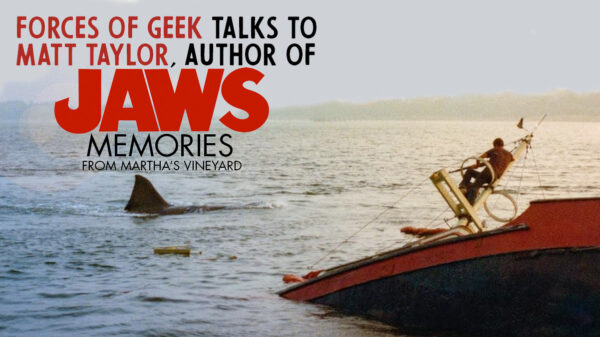
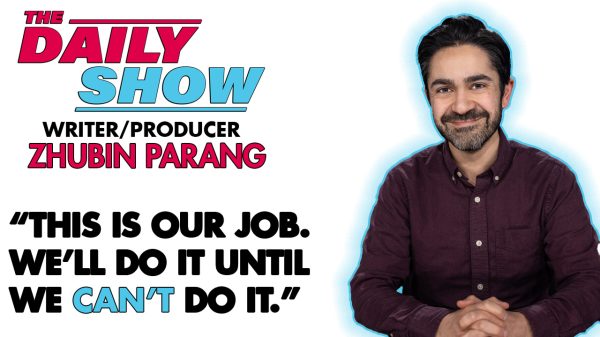

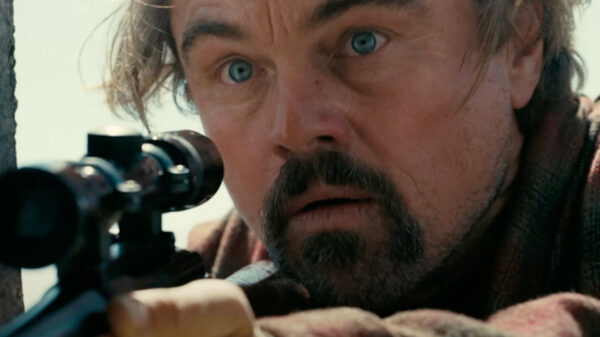


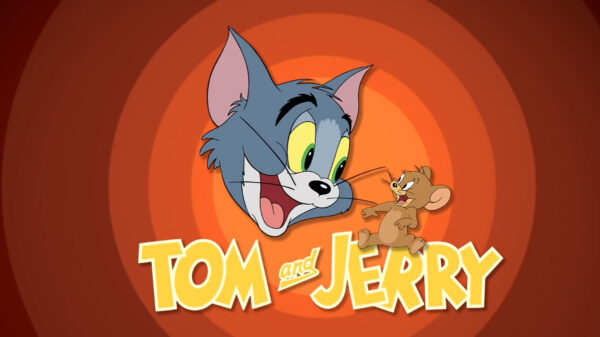





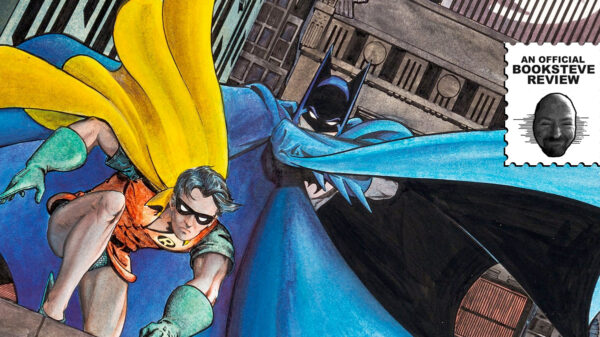
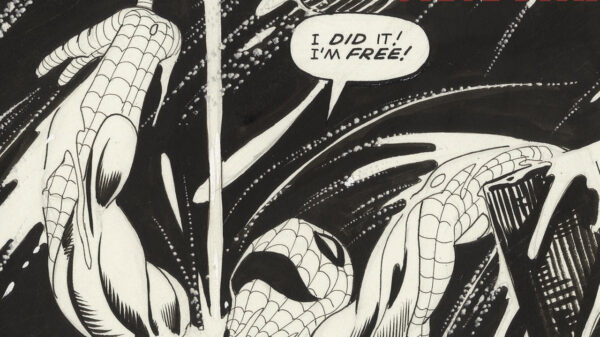


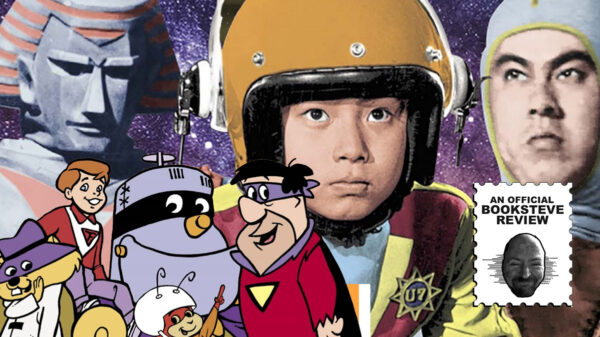

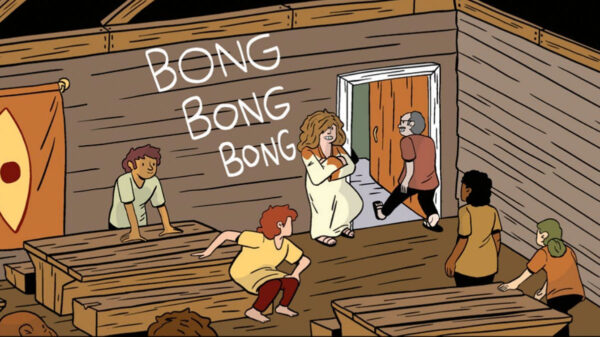
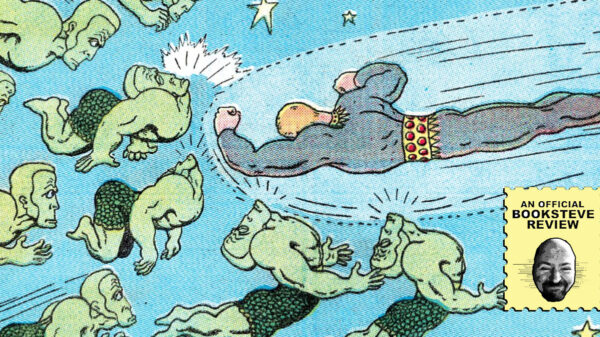










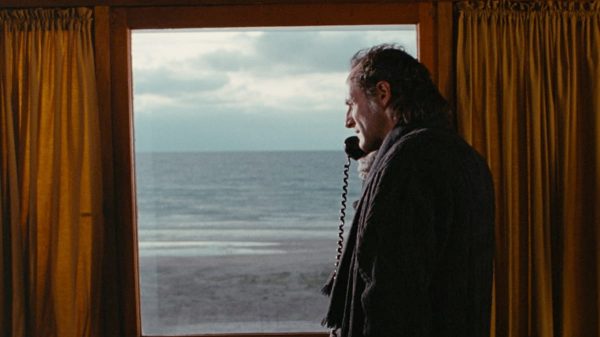


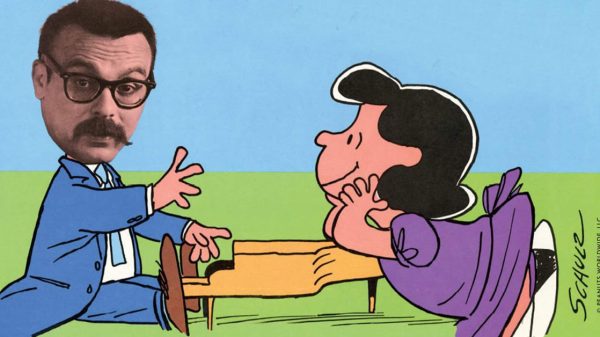
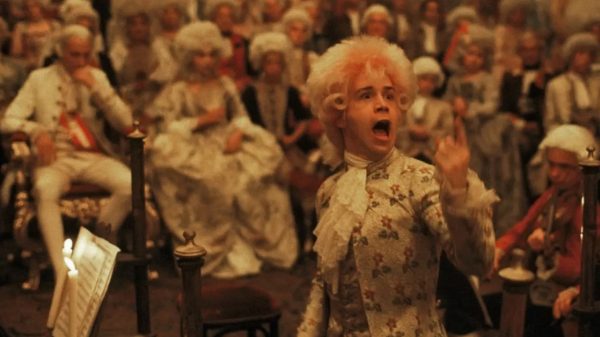





























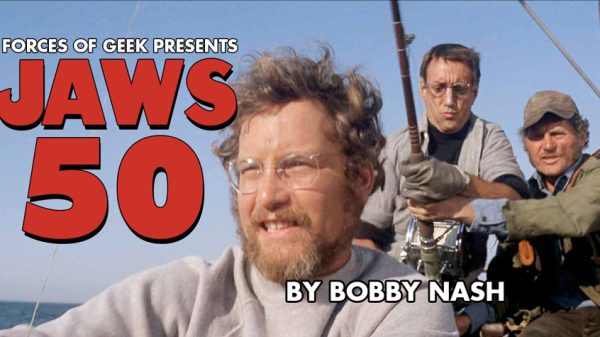









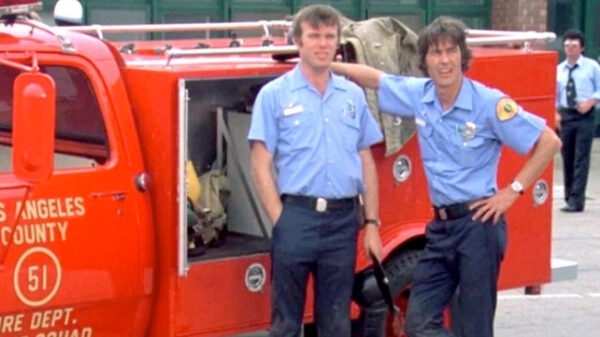
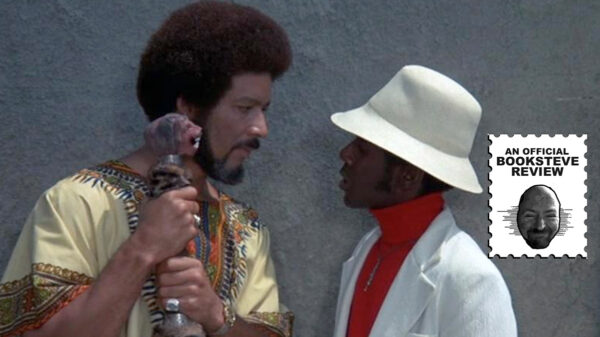
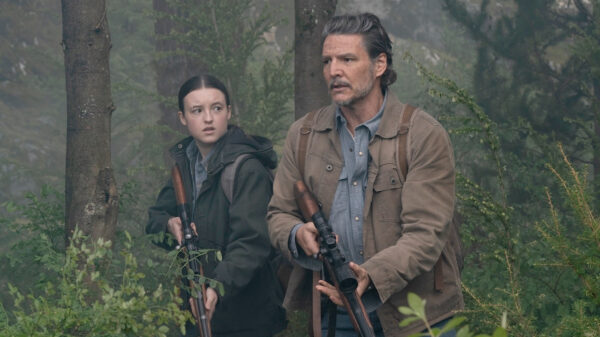












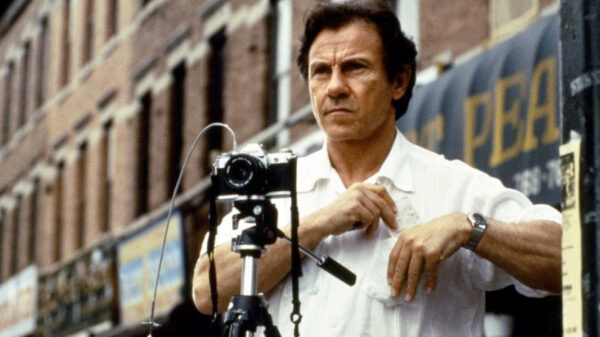
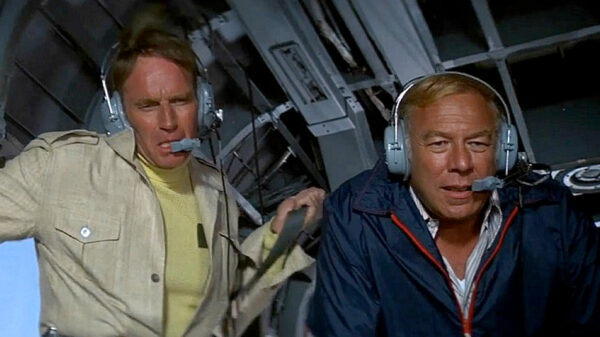




You must be logged in to post a comment Login